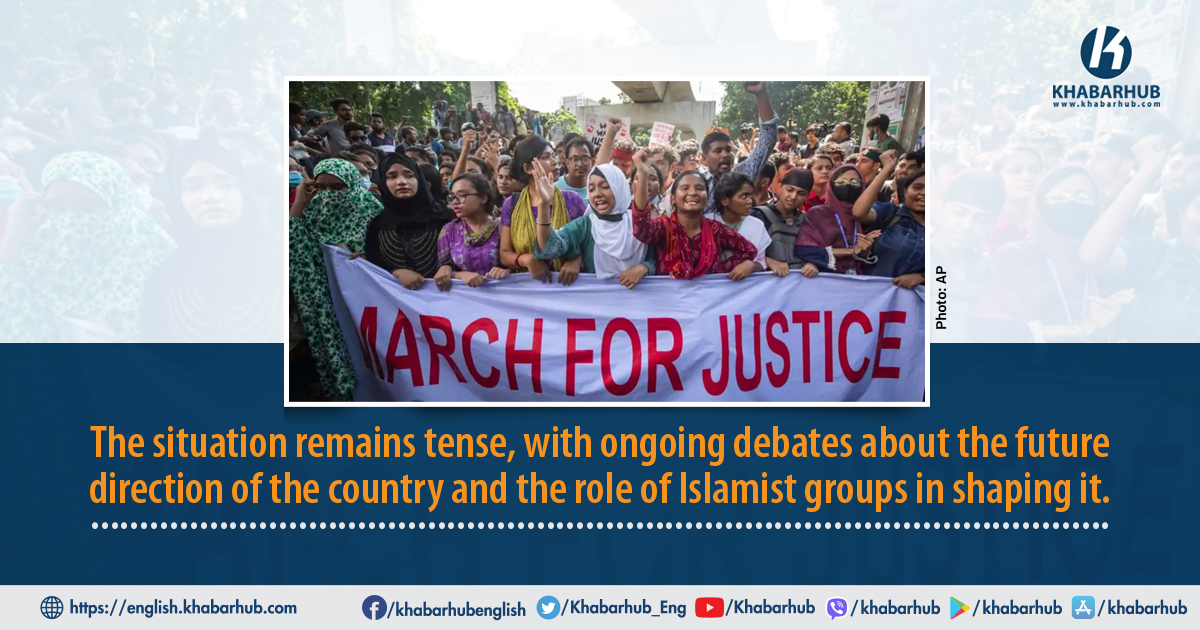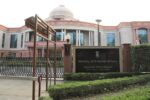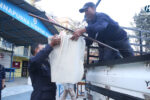The situation in Bangladesh is quite complex. Islamist groups particularly the Jamaat-e-Islami and Hefazat-e-Islam have played a significant role in the recent protests in Bangladesh.
These groups capitalised on widespread discontent over issues like the government job-quota system and pension reforms, adding a religious dimension to the protests.
Since the protests and political upheaval, leading to the resignation of Prime Minister Sheikh Hasina, these Islamist groups have been involved in the violence and unrest.
Jamaat-e-Islami has been actively involved in the protests, organising demonstrations and rallies.
They have been accused of inciting violence and participating in clashes with security forces. Another influential Islamist group, the Hefazat-e-Islam, has also been involved in the protests.
They have been vocal about their demands for implementing Sharia law and other conservative measures.
Both groups have been linked to violent clashes during the protests, which have resulted in significant casualties and unrest.
The involvement of these Islamist groups has added a complex layer to the political landscape in Bangladesh, as they push for a more conservative Islamic state.
Many are concerned about the potential for further violence and the impact on their daily lives. Segments of the population, particularly those with conservative views believe the party has been unfairly targeted and that their demands for an Islamic state are legitimate.
Following the ouster of Prime Minister Sheikh Hasina, Jamaat-e-Islami has been at the forefront of the unrest, which has led to violent clashes and significant casualties.
The JeI has a controversial history, including alleged involvement in war crimes during the 1971 liberation war. This history has contributed to the current tensions.
The Jamaat ranks are filled with pro-Pakistani radical Islamists. Since the Awami League came to power in 2009, the Jamaat had increased its involvement in violent demonstrations.
After Jamaat’s registration was cancelled its members and supporters carried out a large number of attacks against law enforcement officials and the government between 2013 and 2018. The Jamaat has always framed the Awami League as anti-Islamic and pro-Indian.
The student wing of JeI, Islami Chhatra Shibir has been actively involved in the protests, particularly among the youth and student communities.
They have been accused of transforming student protests into a broader political movement and instigating violence.
Hefazat-e-Islam Bangladesh (HIB) has also been a significant player in the country’s political landscape, especially with the recent removal of Prime Minister Sheikh Hasina.
A key player in the protests, they have been involved in organising large-scale demonstrations and have been linked to violent clashes during the protest.
Their agenda includes implementation of Sharia Law. HIB has long advocated for the implementation of Sharia law in Bangladesh, including the introduction of anti-blasphemy laws.
They have called for curbs on women’s rights, including restrictions on their participation in public life. It seeks to reform the education system to align more closely with Islamic principles.
One of their demands is to ban men and women from interacting freely in public. These points reflect the HIB’s broader goal of transforming Bangladesh into a more conservative Islamic state.
Their influence has grown, particularly in the wake of political instability and the recent upheaval.
When the Jamaat leaders were facing war crime trials in 2013, the Hefazat also protested in solidarity with the Jamaat against the Shahbag movement (organised by Bangladeshi secularist bloggers and students to demand the trial of Jamaat leaders responsible for war crimes in 1971) in Dhaka.
Hefazat supported Jamaat during the Shahbag movement because it believed Islam was at risk in Bangladesh.
However, later, Hefazat made a strong connection with the AL because it was convinced that it would be the sole powerful Islamic organisation in the country in the absence of the Jamaat, and would have access to government resources.
But as soon as the protests over quota began, Hefazat turned against its ally Awami League and was actively involved in mobilising people against the government. Hefazat-e-Islam’s participation added a religious dimension to the protests and their involvement intensified the protests, as they have a substantial following and influence, particularly in rural areas.
Hefazat claims that it is not interested in politics and has no desire to obtain power. Still, Hefazat has certainly made its presence felt in the political arena by making intense demands of the government.
It has organised several protests and rallies in the country to press its demands. Hefazat has also been accused of inciting violence and causing disruption in the country.
In 2013, the movement gathered the most support when it protested against atheist bloggers. Complying with Hefazat’s radical demands will undoubtedly restrict freedom of expression and minority rights.
The involvement of Islamic religious groups like the Jamaat-e-Islami (JeI) and the Hefazat-e-Islam in the recent violence has significantly impacted public opinion in Bangladesh.
Overall, the situation has led to a complex and divided public opinion, reflecting the broader tensions within Bangladeshi society.
Some people view the JeI as a threat to national stability, while others see the crackdown on it by the former Awami League government as an attack on political dissent.
The involvement of Islamist groups in the violence and unrest have created a sense of fear and uncertainty among the general public.
Many are concerned about the potential for further violence and the impact on their daily lives. Segments of the population, particularly those with conservative views believe the party has been unfairly targeted and that their demands for an Islamic state are legitimate.
These groups however have a largely ultraconservative outlook on social issues, including opposing the secular education system and women’s rights. Hefazat meets all the criteria of being an Islamic radicalised group.
The group dismisses other interpretations of Islam, which can be seen in its effort to declare the Ahmadiyya as non-Muslims. Hefazat supports violence to achieve its goal, as evidenced when the group engages in violent demonstrations to oppose France and India. Another serious concern is that the Jamaat may become a solely militant group in the near future.
While the Bangladesh Army is a secular institution, there have been instances where certain factions within the military have had ties to Islamist groups.
For example, some officers, both serving and retired, have been linked to Jamaat-e-Islami Bangladesh.
These connections have occasionally influenced the political landscape, especially during periods of unrest. The army’s decision not to enforce the curfew and effectively withdraw support from Hasina also played a crucial role in the outcome of the protests.
Overall, the situation has led to a complex and divided public opinion, reflecting the broader tensions within Bangladeshi society.
At any rate the actions of JeI and similar groups highlight the dangers of mixing religion with politics.
The situation remains tense, with ongoing debates about the future direction of the country and the role of Islamist groups in shaping it.









Comment